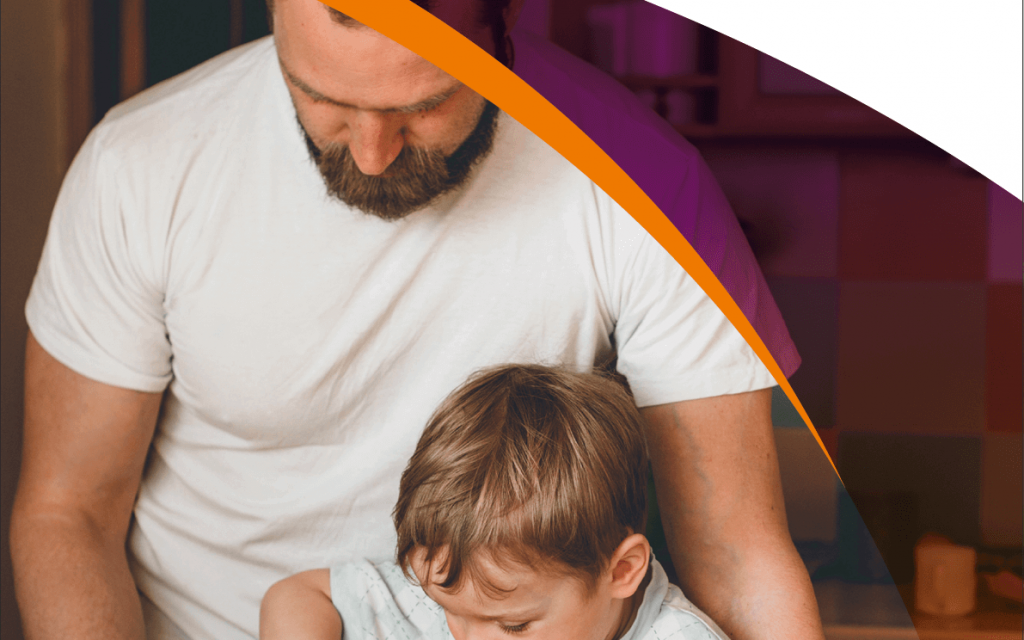 Poverty
Poverty 
Nearly four in ten Welsh households struggling to make ends meet new Bevan Foundation research reveals.
The past 19 months have presented unprecedented challenges for families all over Wales. The Bevan Foundation’s Snapshot of Poverty series has demonstrated that not everyone has been affected equally by the pandemic and the cost-of-living crisis. Our surveys from December 2020 and May 2021 showed that low-income households, renters, disabled people, lone parents, and adults aged between 25 and 64 have all been more likely to cut back on essentials or to fall into debt than other groups.
With the end of the £20 uplift to Universal Credit and living costs on the rise we commissioned YouGov to undertake a new survey to see how Welsh households are coping this winter. The findings indicate a deteriorating situation with more households struggling to make ends meet than when the last survey was undertaken in the summer.
Among the key findings of the report are:
- Households are struggling to make ends meet – Nearly four in ten Welsh households (39 per cent) do not have enough money to buy anything beyond everyday items, up from 33 per cent in May
- Incomes are still falling but not for everyone – More than three in ten households with a net income of less than £40,000 have seen their income drop since May 2021. For households with a net income of more than £40,000 more than one in five have seen their incomes increase.
- Living costs are still rising – Households across Wales have seen their living costs increase. More than half have seen the cost of food increase with more than six in ten seeing the cost of their utilities increase.
- Living standards are being squeezed – Thousands of households are having to cut back and ration their use of the essentials we all need to live with dignity. Low-income households, renters, disabled people, lone parents, and adults aged between 25 and 64 more likely to have had to cut back on everyday essentials than other groups.
- The impact on children is getting greater. More than one in five families with children have had to cut back on items for children including books, toys, nappies and clothing, whilst one in ten families with two children have had to cut back on food for children.
- Personal debt is a major problem – Since May 2021, 25 per cent of Welsh households have borrowed money whilst 12 per cent of Welsh households are at least one month behind on a bill. Low-income households, renters, disabled people, lone parents, and adults aged between 25 and 64 are more likely to be behind on a bill or to have borrowed money than others.
- Many people are worried about losing their homes – More than one in twenty households are worried about losing their home over the next three months. Six per cent of households have already been told that they will lose their home. This is equivalent to over 80,000 households forced to seek a new home.
- There is broad public support for taking action to support struggling households. The majority of people in Wales support taking action that would ease the pressure felt by struggling households. This includes measures such as universal school meals, reforming Council Tax and building more social housing.
Pages: 16
Format: PDF
Language: English
Cost: Free


